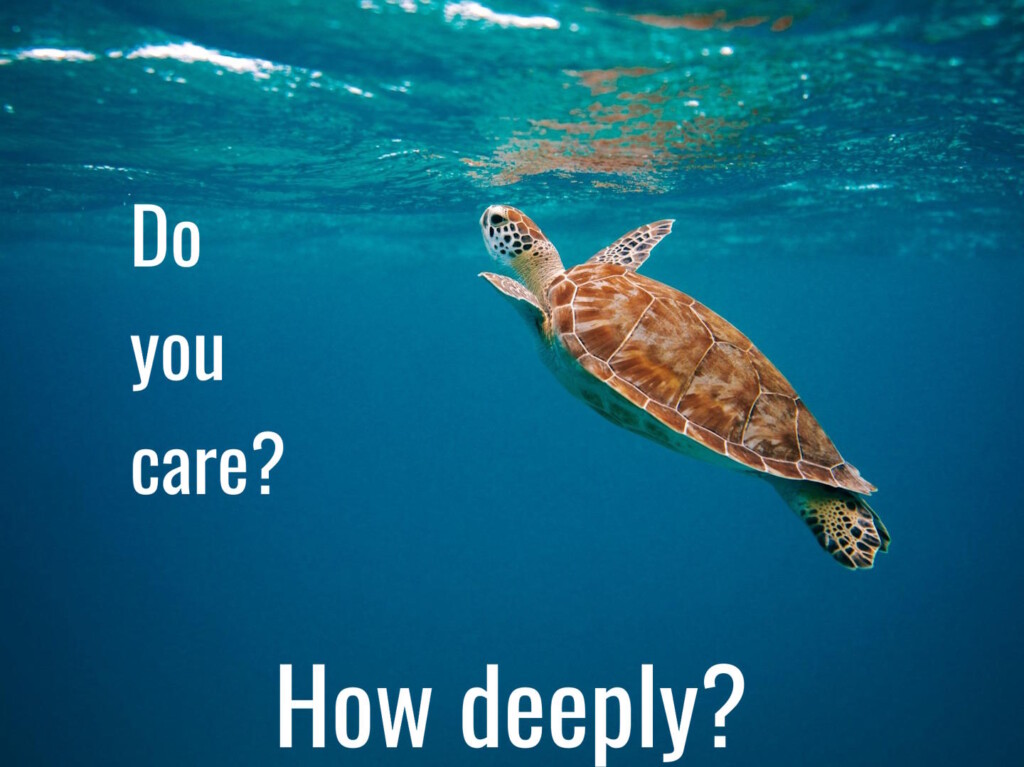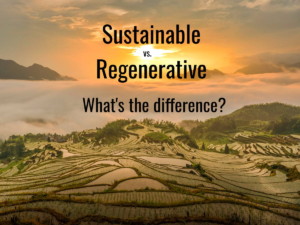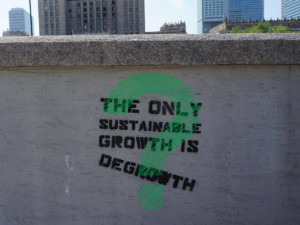Outbound doesn’t care about sustainability | Well-being must include meaning

Send no more than 300 words on any tourism-related idea or concern you may have.
This is an open invitation to travel & tourism stakeholders to contribute a “GT” Insight BiteX (where ‘X’ is up to you). Or respond to this specific Bites question (still open as at June 2, 2025).
Thanks to Kevin Phun for his thoughts about outbound travel agents’ and tour operators’ relationship with the notion of sustainability, and Wolfgang Georg Arlt for sharing his thinking around well-being and meaning.
Their responses appear in the order received.
BiteX menu
Outbound agents, operators need not care about sustainability. Really?
Kevin Phun, Founder & Director, The Centre for Responsible Tourism Singapore
Outbound travel & tourism companies need not care much about sustainability certification because the nature of their business does not come into contact much with concerns around sustainability.
I have heard people express this sentiment three or four times over the past two years, in conversations around sustainability certification for travel companies.
I beg to differ.
Outbound travel operators should indeed assume quite a bit of responsibility around practicing sustainable travel & tourism.
Here’s why:
Outbound tour operators and travel agents arrange tours, or at least influence itineraries; and that, obviously, plays a big, really big, role in how their clients affect the places they visit.
When you plan itineraries, you decide how people travel, where people stay, and much of what they do. Obviously those decisions have many potentially negative and positive impacts on destinations.
How your customers travel to and around a destination determines, potentially, a large proportion of the greenhouse gas emissions and carbon footprint of the whole journey. And your customers’ accommodation and the activities they undertake determine the type and scale of the positive and negative economic, social, and environmental outcomes.
So, stop saying that sustainability concerns are only for inbound tour operators and not for outbound ones! It is time we remove this terribly inaccurate idea that reflects a very poor understanding of the industry we claim to understand well.
The Centre for Responsible Tourism Singapore is a valued “Good Tourism” Partner.
Well-being is holistic and must include meaning
Wolfgang Georg Arlt, Executive Director, Meaningful Tourism Centre, Nepal
Unlike wellness, ‘well-being’ is holistic and includes both physical and emotional aspects.
Furthermore, well-being not only concentrates on individuals, in most cases ‘me’, but on the entire ecosystem for human beings on Earth. We must stop distinguishing between ‘us’ and ‘the environment’ when we think about well-being.
Therefore, obviously, any measurement of well-being needs to include the objective benefits and subjective satisfaction of all stakeholders in the ecosystem, including the environment.
A healthy body and a high-paying job are worthless if there is no breathable air. Free access to MOOCs (massive open online courses) has no value for somebody without enough food to survive. And, with glaciers melting and islands sinking, local heritage and culture cannot be preserved.
The Sustainable Development Goals have, albeit in an imperfect form and with little measurable success, tried to define all major elements needed for global well-being and the necessary steps to move toward this goal.
In tourism, six main stakeholders can be identified:
- Travellers,
- Host communities,
- Employees,
- Companies,
- Governments at all levels, and
- The environment, local and global.
The increase or at least stability in the well-being of all these stakeholders is needed for sustainable development.
The way to measure that is the use of ‘Meaningful Tourism’ tools to develop SMART KPIs (specific, measurable, achievable, relevant, and time-bound key performance indicators) to achieve increasing benefits and satisfaction for each group of stakeholders.
Meaningfulness is the foundation of well-being for:
- Individuals in their private and professional lives;
- Societies, in the form of just, reliable, and inclusive democratic structures; and
- Planet Earth, with an understanding that we are part of a single ecosystem, the destruction of which includes the destruction of us all.
What do you think?
In a comment below, share your own thoughts about outbound’s relationship with sustainability and/or the notions of well-being and meaning.
SIGN IN or REGISTER first. (After signing in you will need to refresh this page to see the comments section.)
Or write a “GT” Insight or “GT” Insight Bite of your own. The “Good Tourism” Blog welcomes diversity of opinion and perspective about travel & tourism, because travel & tourism is everyone’s business.
This is an open invitation to travel & tourism stakeholders from any background to share their thoughts in plain English with a global industry audience.
“GT” doesn’t judge. “GT” publishes. “GT” is where free thought travels.
If you think the tourism media landscape is better with “GT” in it, then please …
Previous “GT” Insight Bites
- Is a travel & tourism career still attractive? Important things to understand in 2025
- Wishwashing tourism
- Butler’s conundrum: Air travel and ‘sustainable’ tourism
- What is tourism’s biggest opportunity and/or threat where you are in 2025?
- “GT” Insight Bites: Nostalgia
- “GT” Insight Bites: Geopolitics and tourism
- Tourism stakeholders: Who has an outsized voice? Who has no voice? Who cares?
- Would you abolish taxes on tips?
- Three critics walk into a bar …
- How are emerging technologies transforming the travel & tourism industry?
- What does it mean to be critical of tourism?
- What constitutes ‘progress’ for travel & tourism in 2024?
- Considering a career in tourism? Important things you should know in 2024
- What did tourism learn from the COVID-19 pandemic?
- In 2024, what are the best opportunities for tourism over the next five years?
- Tourism’s biggest challenges & threats over the next five years to 2028
- On empowerment, promotion, and the power of expression
- On enrichment, repatriation, the double-edged blade, and war
- On tourism technology, progress, and local benefit-sharing
- Hey, travel & tourism, are you ‘neocolonialist’?
- Who’s the new boss? Asia Pacific tourism industry association seeks leader
- ‘The hospitality industry offers a great career.’ Really?
- Cruise ships: Blessing or blight?
- Tourist vs traveller: What’s the difference?
- The heads of finance, operations, and PR walk into their boss’s office …
- Yes, Tourism Minister
- What are tourism’s biggest challenges & threats over the next five years?
- ‘Tourism is built on the backbone of white supremacy’. What do you think?
- Really, what’s the difference? ‘Sustainable tourism’ vs ‘regenerative tourism’
- Want a career in tourism? Important things you should know
- Diverse perspectives on travel & tourism and a fairer world
- Diverse perspectives on economic degrowth and tourism
- Diverse perspectives on visitor dispersion
Featured image (top of post)
Photo by David Courbit (CC0) via Unsplash. “GT” cropped it and added the words.







